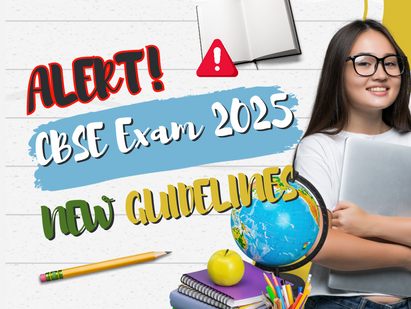Ignorance is Not Bliss; Learning Difficulty/Disability ( LD) is real and need intervention
- Manisha Pathak

- Feb 22, 2024
- 3 min read
" With time all children speak, read and interact socially. LD is just a hype." This is parents response to LD
Understanding Learning Disabilities, Importance of Early Intervention and Available Therapies
In the realm of education, the acknowledgment and support for learning disabilities (LD) hold immense significance. Learning disabilities encompass a diverse array of neurological conditions that affect an individual's ability to receive, process, analyze, or store information. Despite their prevalence, learning disabilities often go undiagnosed or unaddressed, leading to significant challenges for individuals as they navigate academic, social, and professional landscapes.
Renowned educator James H. Wendorf once remarked, "When children are not diagnosed with learning disabilities and are not provided with the right support, they often end up living with low self-esteem and a sense of failure." This sentiment underscores the profound impact that unaddressed learning disabilities can have on individuals' lives. From struggling in academic pursuits to facing interpersonal difficulties, the consequences of untreated LD can permeate various aspects of one's existence.
Early intervention emerges as a critical component in mitigating the adverse effects of learning disabilities. Recognizing the signs and symptoms of LD at an early age allows for timely support and intervention, empowering individuals to overcome challenges and thrive. As school counselors often encounter, the denial of parents regarding their child's learning disabilities can significantly impede the intervention process. Education and advocacy play pivotal roles in dispelling misconceptions surrounding LD and fostering a collaborative approach towards intervention.
Identifying Red Flags:
Signs of Different Learning Disabilities
Dyslexia:
- Difficulty with reading, spelling, and decoding words.
- Reversing letters or numbers.
- Struggling with rhyming or phonemic awareness tasks.
- Slow reading rate and comprehension.
Dysgraphia:
- Poor handwriting and inconsistent letter formation.
- Difficulty organizing thoughts into written form.
- Trouble with grammar and punctuation.
- Fatigue or discomfort when writing.
Dyscalculia:
- Challenges with understanding mathematical concepts.
- Difficulty memorizing basic arithmetic facts.
- Struggles with sequencing and problem-solving in math.
- Poor sense of number and quantity.
ADHD (Attention-Deficit/Hyperactivity Disorder):
- Inattention and difficulty sustaining focus on tasks.
- Impulsivity and acting without considering consequences.
- Hyperactivity, restlessness, and difficulty staying still.
- Forgetfulness and disorganization.
Available Therapies and Interventions:
Addressing learning disabilities entails a multifaceted approach that combines educational, therapeutic, and support strategies. Some of the common therapies and interventions include:
- Educational Support:
Individualized Education Programs (IEPs) or 504 plans tailored to accommodate the specific needs of students with LD.
- Specialized Instruction:
Utilizing evidence-based teaching methods and assistive technologies to facilitate learning.
- Behavioral Interventions:
Implementing strategies to address behavioral challenges associated with LD, such as providing clear instructions and positive reinforcement.
- Speech and Language Therapy:
Targeting difficulties in communication, articulation, and language comprehension.
- Occupational Therapy:
Addressing fine motor skills, sensory processing, and activities of daily living.
- Counseling and Psychosocial Support:
Providing emotional support, coping strategies, and fostering self-esteem and resilience.
Conclusion
In conclusion, acknowledging and addressing learning disabilities early on is paramount in fostering academic success, psychological well-being, and overall quality of life. By recognizing the red flags indicative of different LD and embracing a collaborative approach involving educators, parents, and mental health professionals, we can empower individuals with LD to reach their full potential and thrive in diverse domains. As educators and advocates, it is imperative to champion inclusivity, empathy, and support for individuals with learning disabilities, ensuring that no one is left behind in the pursuit of education and personal growth.
"Embrace the journey of discovering your child's unique abilities, for within every learning disability lies a world of untapped potential.











Comments